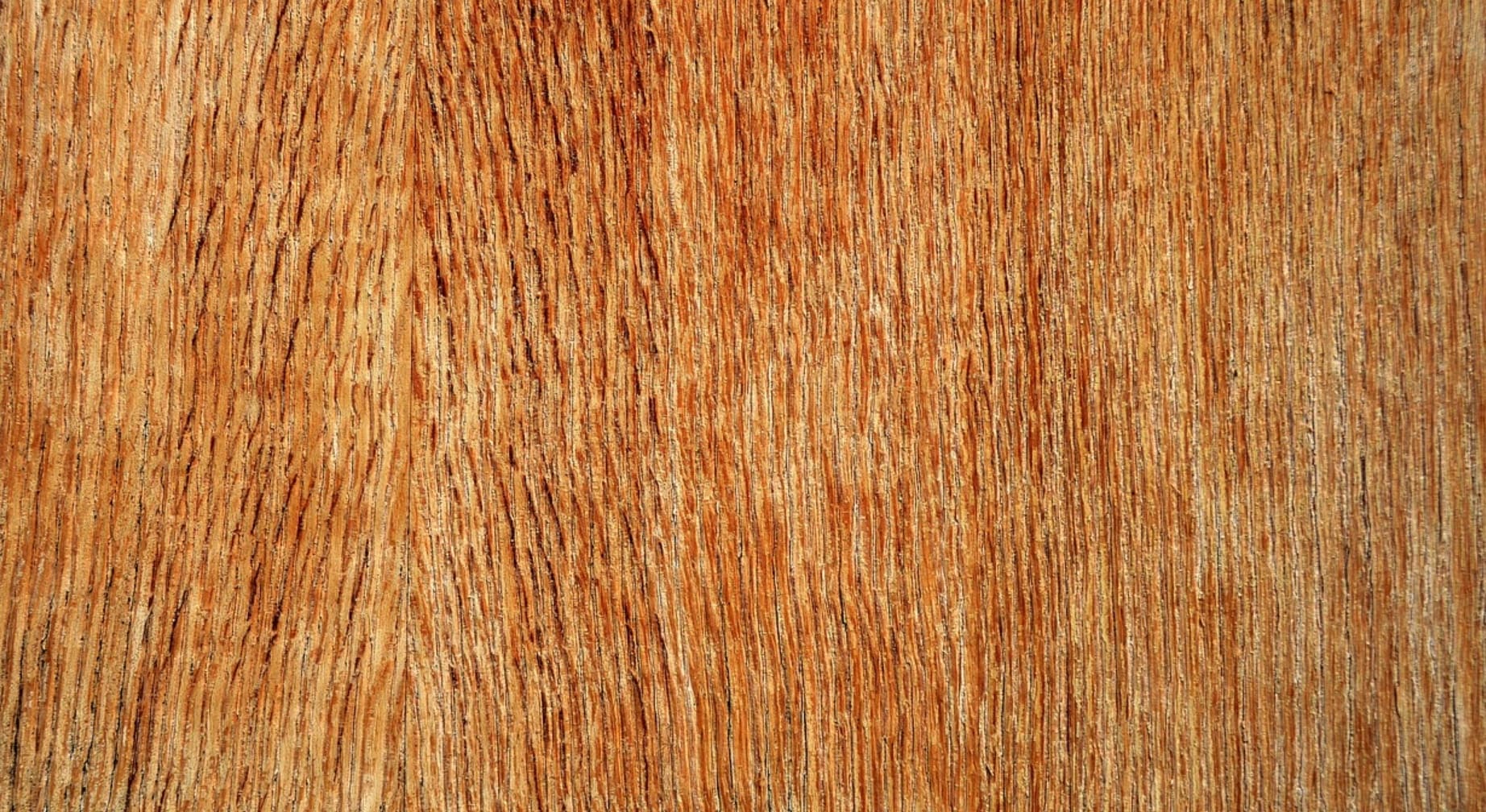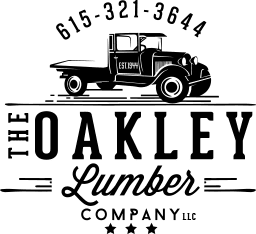Everything You Need to Know About Plywood: A Comprehensive Guide

News | jlbworks
Oct 08, 2024
Available Plywood in Nashville, TN
When it comes to versatile and durable materials for construction or home improvement projects, plywood remains a popular choice. Whether you’re building cabinets, laying subfloors, or tackling DIY projects, plywood offers a reliable solution. In this guide, we’ll cover the essentials of plywood, including its types, uses, and current trends in the market.
Typically used in construction projects, plywood is a form of manufactured wood that is strong and thin in appearance. Plywood can be manufactured from either hardwood, softwood, or even both. For hardwood plywood include ash, maple, oak, and mahogany, whereas softwood is typically made with Douglas fir, pine, redwood, and cedar. In its creation process, plywood usually consists of two or more thin layers of wooden veneer–plies–that are glued and pressed together in high heat. On average, plywood is sold in sheets of 4×8 feet. To keep its durability, each layer is tightly bonded at right angles–also known as crossbanding. Crossbanding increases the strength of the plywood as well as the stability. If you are in need of plywood in Nashville, TN, contact Oakley Lumber Company, today. We have the building material you need to help you complete your project. Our Nashville lumber company has been providing quality products and confident service since 1944.
What Is Plywood?
Plywood is a manufactured wood panel made from thin sheets of wood veneer. These sheets are glued together, with the grain of each layer running perpendicular to the next, providing strength and durability. This layered construction is what makes plywood ideal for various applications, from home construction to furniture-making.
Types of Plywood
There are several types of plywood available, each suited for different projects:
- Softwood Plywood: Made from softwood species like pine or fir, softwood plywood is commonly used for structural purposes, such as roofing or subflooring.
- Hardwood Plywood: Hardwood plywood, made from species like birch or oak, is often used for furniture and cabinetry due to its smooth surface and attractive finish.
- Marine Plywood: As its name suggests, marine plywood is resistant to moisture, making it ideal for outdoor projects or areas exposed to water, like boats or decks.
- Fire-Retardant Plywood: This type of plywood is treated with chemicals that reduce its flammability, making it suitable for use in commercial buildings where fire resistance is important.
Though it’s one of the least visually appealing wood materials, plywood is most commonly used in the construction of the following:
- Kitchen Cabinets
- Shutters
- Packaging
- Partition Walls or External Walls
- Furniture
On occasion, plywood can even be used as a mold/framework for different concrete installation jobs. As you can see, this is a type of manufactured wood that serves a variety of beneficial uses.
The Basics
Although it’s a manufactured wood-type, certain grades of plywood can cost as much as solid hardwood. Regardless, plywood proves to have some advantages–dimensional stability being the main advantage. Due to crossbanding, plywood has excellent dimensional stability, giving it a balanced construction. Having optimal dimensional stability means that the plywood won’t shrink, warp, or swell. These are typical things that can happen to hardwood when it’s around high temperatures, moisture, and humidity. In addition to this, plywood is also chemical resistant, moisture resistant, impact resistant, fire resistant, and has thermal and sound insulation.
Although plywood has many beneficial uses, like any building material, it has some drawbacks too.
- Thin Veneer: Sometimes, manufactured plywood is coated with a thin veneer that oftentimes breaks, chips if it’s not applied thoroughly.
- Cost: Depending on the make, demand, and availability, the cost of plywood can range. Hardwood plywood tends to be the most expensive variety.
- Selection: Unfortunately, there’s a limited selection of plywood since dealers are constantly demanding what’s in stock. Before buying, many recommend determining the types of plywood that are currently in stock and basing your project from there.
Regardless of these minimal drawbacks, the advantages of plywood and its versatility shines through.
Benefits of Using Plywood Nashville Projects
Plywood in Nashville has long been a go-to material for both residential and commercial projects due to its versatility and cost-effectiveness. Whether you’re working on home renovations or large-scale builds, plywood’s availability in various thicknesses and grades allows you to select the perfect option for your needs. Nashville contractors and DIY enthusiasts alike appreciate plywood’s balance of affordability and performance.
Here are some benefits of using plywood:
- Strength and Durability: Plywood’s cross-laminated layers provide exceptional strength, making it ideal for load-bearing applications.
- Cost-Effective: Compared to solid wood, plywood is more affordable without sacrificing quality.
- Eco-Friendly Options: With the rise of FSC-certified plywood and engineered varieties, it’s easier than ever to find sustainable options for your projects.
- Ease of Use: Plywood is easy to cut, shape, and install, making it a favorite among both professionals and DIYers.
Choosing the Right Plywood for Your Project
Selecting the right plywood can make a significant difference in the outcome of your project. Here are a few things to consider:
- Grade: Plywood comes in different grades, from A to D, with A being the highest quality and most suitable for visible surfaces like cabinets or furniture.
- Thickness: Thicker plywood is often used for flooring or structural applications, while thinner sheets are great for furniture or walls.
- Treatment: If your project involves moisture exposure, opt for moisture-resistant or marine-grade plywood.
When deciding what plywood to use for your construction projects, be sure to pay close attention to its grade. Plywood is broken down by letters, N, A, B, C, and D. By separating them into different grades, builders are able to determine which project they are best suited for.
Where to Buy Plywood in Nashville
If you’re planning your next project and need high-quality plywood, Nashville has plenty of reliable suppliers. Whether you need standard softwood plywood for structural purposes or premium hardwood plywood for cabinetry, make sure to visit a trusted supplier that offers a wide range of options. Look for vendors that provide FSC-certified or engineered plywood to ensure you’re getting sustainable and durable materials.
By considering the right type, grade, and treatment for your needs, plywood continues to offer a versatile and dependable solution for construction and home improvement projects. With trends like modular construction and sustainability driving demand, plywood remains an essential material for any project in Nashville or beyond.
For more information on plywood, feel free to visit your local Nashville lumber company!
